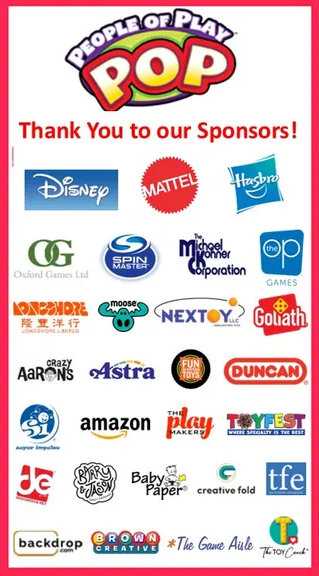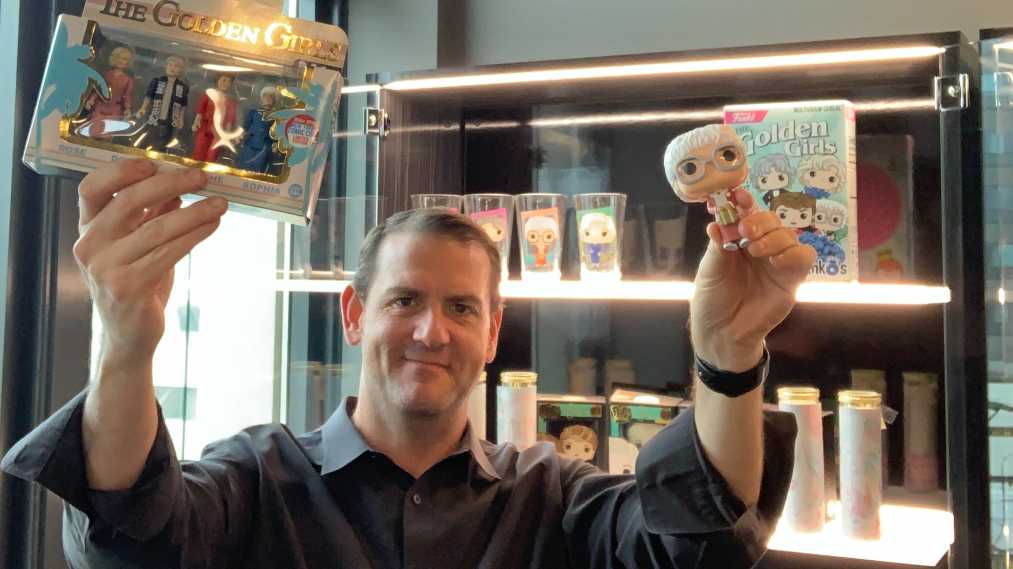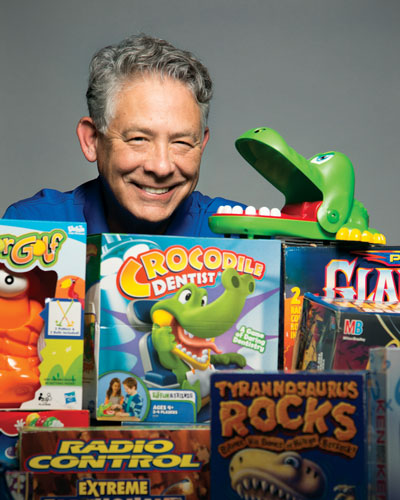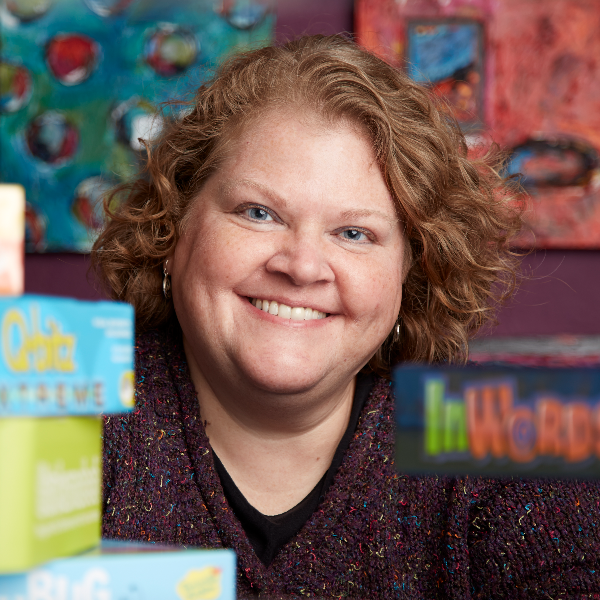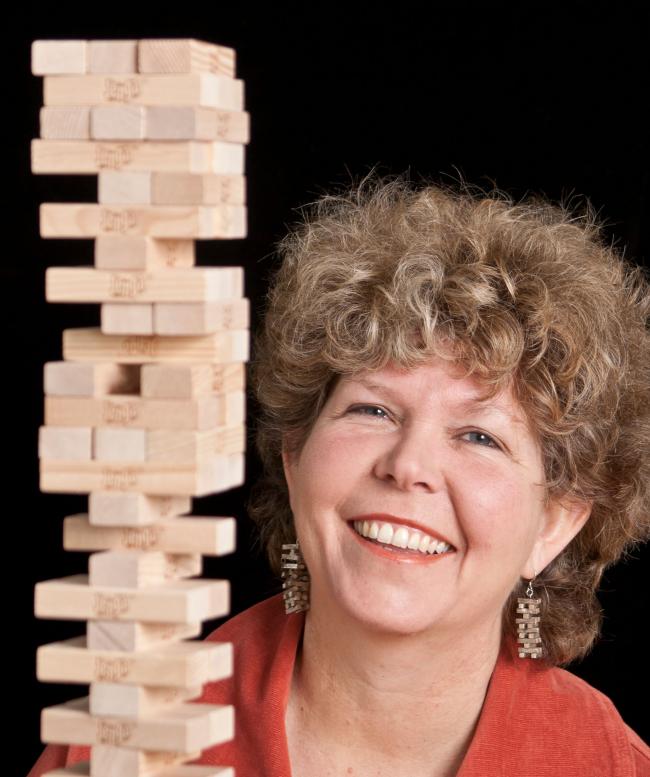Yearning for a Career Change? Feel the Fear and Do it Anyway
by Nancy Zwiers | 17 Jul 2022
The Bloom Report

Yearning for a Career Change?
Feel the Fear and Do it Anyway
By Nancy Zwiers
If you’re thinking about making a career move, you’re not alone. A record number of Americans (47 million) quit their jobs in 2021 and turnover remains historically high today. “The Great Resignation” has upended the labor market.
But given the danger of the unknown, especially when we hear rumblings of a possible recession, does it still make sense to make a move? My answer is yes. YES! YES!
My reason is simple. The number of moves you make during your career is strongly correlated with both your career success and your earning potential. This is because each new role you take provides an opportunity to acquire new experience and build new skills. According to recent research from the McKinsey Global Institute analyzing the human capital of four million online professional profiles, between 40-58% of lifetime earnings are associated with work experience. The more experiences you have, the more you earn. Period.
“Work experience contributes almost half of the value of a person’s human capital.” – McKinsey Global Institute Executive Summary, Human Capital at Work
I believe in BOLD experimentation and this applies to career changes, too. The McKinsey study agrees. Their findings indicate that the biggest earnings boosts come from bold career moves that really stretch your skill set.
My work has spanned eight companies, each with its own learning opportunities. Early on, I learned what I didn’t want, and I gradually dialed it in based on “lived experience.” Some of the bold moves I have made include switching from CPG to toys when I joined Mattel; leaving my executive position at Mattel to start my own company, Funosophy (and taking on invention as a line of business in addition to consulting and research); and joining Spin Master as EVP/CMO after being out of the corporate world for sixteen years. Steep learning curves do cause pain and difficulty, but the rewards are commensurate (no pain, no gain).
Importantly, the McKinsey research also highlights the importance of joining companies with strong “organizational health,” as defined by their willingness to invest in developing their people. These companies value not just current skills but the capacity to learn new ones, have internal training programs and coaching, and offer lateral growth paths in addition to promotions from within.
In fact, starting your career at a company with good organizational health can be especially powerful, a lesson I learned with my first job at P&G, a company renown for its brand management training program. I explicitly credit that training with my successful 40+ year career, especially since I didn’t have an MBA, which is typical in brand management.
“Taking on new roles with expanded skills is central to upward mobility, particularly for those who lack formal credentials” – McKinsey Global Institute Executive Summary, Human Capital at Work
In the McKinsey report, people changed jobs every two to four years, on average. More than 80% of those moves involved jumping to another company. In addition, and perhaps surprisingly, 80% of people started their career in one occupation and ultimately landed in another! And, for those workers moving into bigger roles, earnings increased by 30-45% with each job move.
If your learning curve has flattened, it may be time to gird your loins and start dreaming/planning your next move.
“Whatever you can do or dream you can, begin it! Boldness has genius, power, and magic in it.”
- Goethe
Recent Blogs
Recent Blogs

Reviews
Toy Review: Crazy Aaron's Thinking Putty, Land of Dough, & Slime Charmers

Press Release
GPI Partners with Kawakids to Bring Advanced Manufacturing to the North American Market
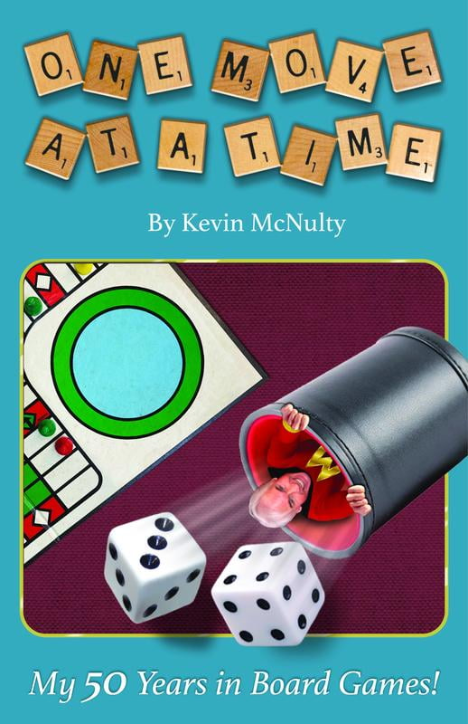
Reviews
BOOK REVIEW: One Move at a Time by Kevin McNulty

Press Release
CARVE COMMUNICATIONS HOSTS CARVE-X @ TOY FAIR – EXCLUSIVE EVENT FEATURES HOTTEST TOYS AND GAMES FROM INDUSTRY LEADERS, CHALLENGER BRANDS, AND START-UPS

Reviews
Game Review: Q-Less
See more
Recent Wiki

PR and SOCIAL MEDIA
CARVE COMMUNICATIONS HOSTS CARVE-X @ TOY FAIR – EXCLUSIVE EVENT FEATURES HOTTEST TOYS AND GAMES FROM INDUSTRY LEADERS, CHALLENGER BRANDS, AND START-UPS
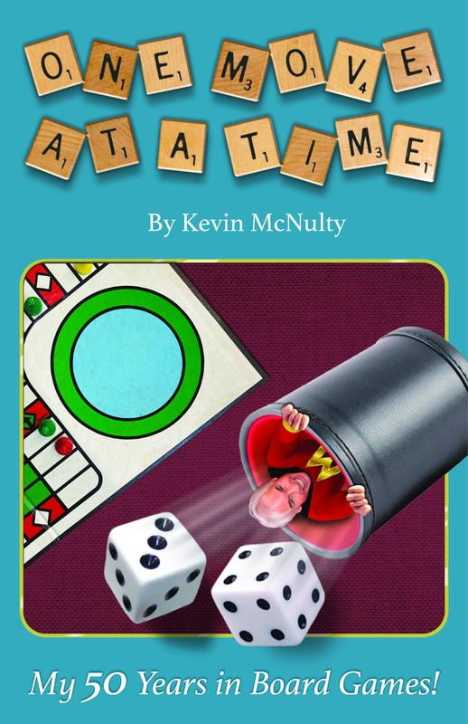
BOOK REVIEWS
BOOK REVIEW: One Move at a Time by Kevin McNulty

COMPANIES
GPI Partners with Kawakids to Bring Advanced Manufacturing to the North American Market

BOOK REVIEWS
Toy Review: Crazy Aaron's Thinking Putty, Land of Dough, & Slime Charmers

PEOPLE
Joe Kling Talks His Impact on the Industry, Career Highlights, and Advice to the Next Generation
See more
POP's Got Talent

POP Entertainment
Randy Klimpert Shares his Ukulele Collection

POP Entertainment
Steve Casino Peanut Art

POP Entertainment
Everyone's Talking about POP!

POP Entertainment
Princess Etch - a Multi-Talented Etch A Sketch Artist
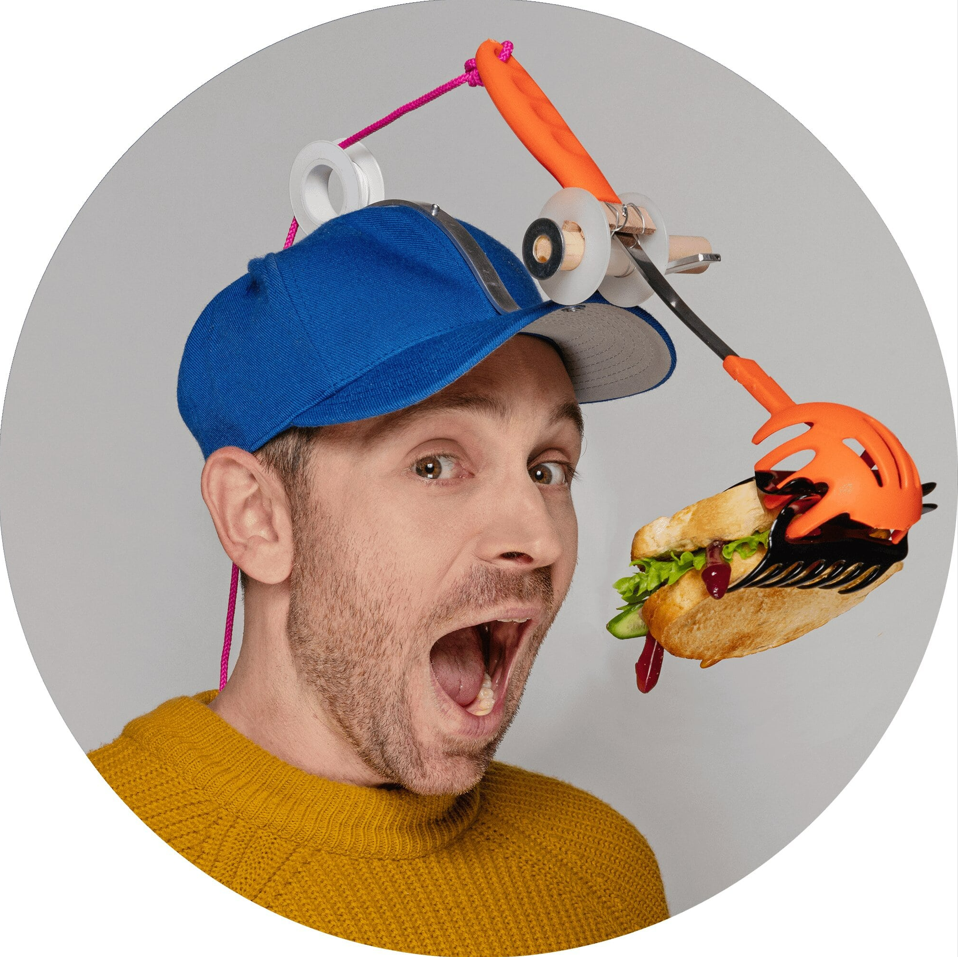
POP Entertainment
Joseph Herscher of Joseph' s Machines.
See more
Recent POPcast

Hidden Role: The Brains Behind your Favorite Games
Connie Vogelmann designed Apiary & Wyrmspan!

Hidden Role: The Brains Behind your Favorite Games
Bob Fuhrer... Is THE Crocodile Dentist!

Hidden Role: The Brains Behind your Favorite Games
Tom Dusenberry... Bought Atari, Wizards of the Coast, and Avalon Hill!

Hidden Role: The Brains Behind your Favorite Games
Matt Leacock created Pandemic... the game!

Hidden Role: The Brains Behind your Favorite Games
Scott Brown and Tim Swindle... are Launching a New Sport!
See more
POPDuos

POPDuos: Interviews with Legends and Leaders
POPDuo: Richard Dickson, Mattel’s President & COO, and Kedar Narayan, Young Inventor Challenge AMB

POPDuos: Interviews with Legends and Leaders
POPDuo: Will Shortz and Josh Wardle

POPDuos: Legends and Leaders Explore Creativity
POP Duo: Elan Lee, Co-Founder, Exploding Kittens.and Jeff Probst, Host and Exec Producer, Survivor

POPDuos: Legends and Leaders Explore Creativity
POP Duo: David Fuhrer, MNG Director, Blue Sq Innovations & Shawn Green, past Dodgers & Mets MLB Star

POPDuos: Legends and Leaders Explore Creativity
POP Duo: Bob Fuhrer, Founder, Nextoy and Tom Fazio, Golf Course Designer
See more





